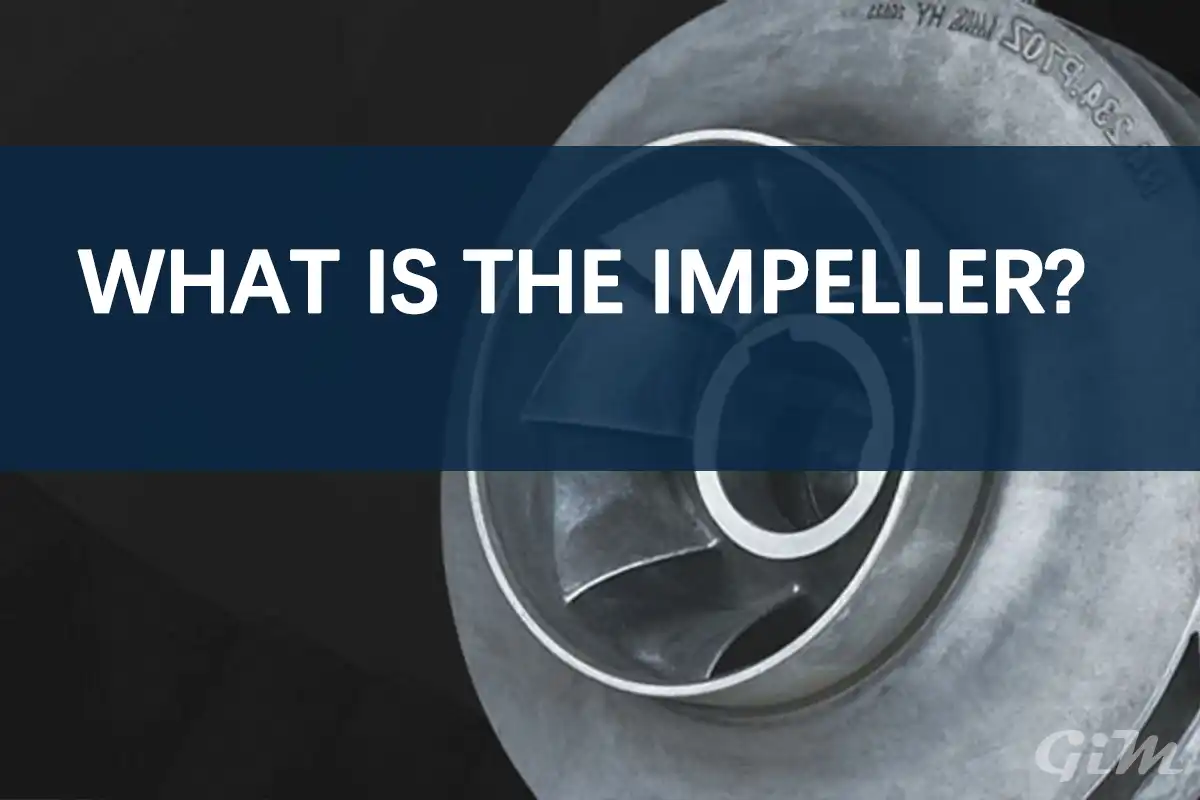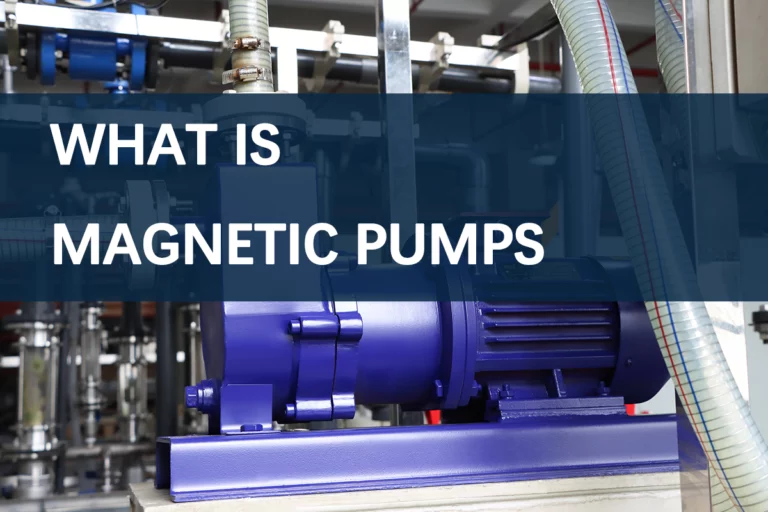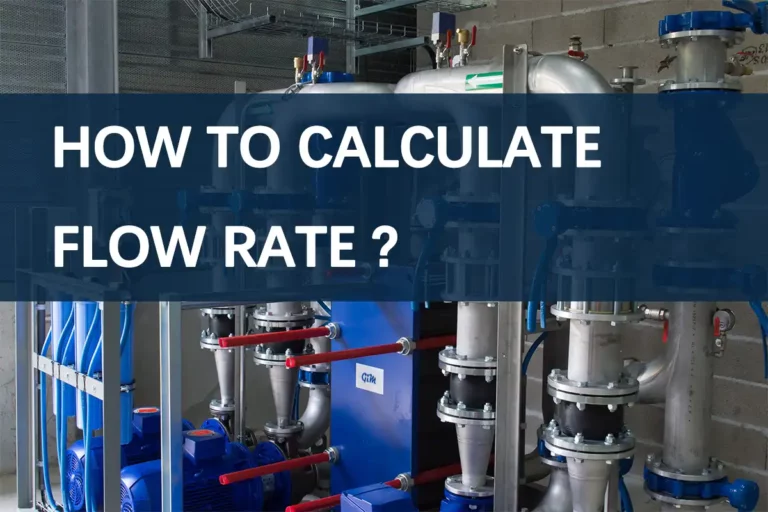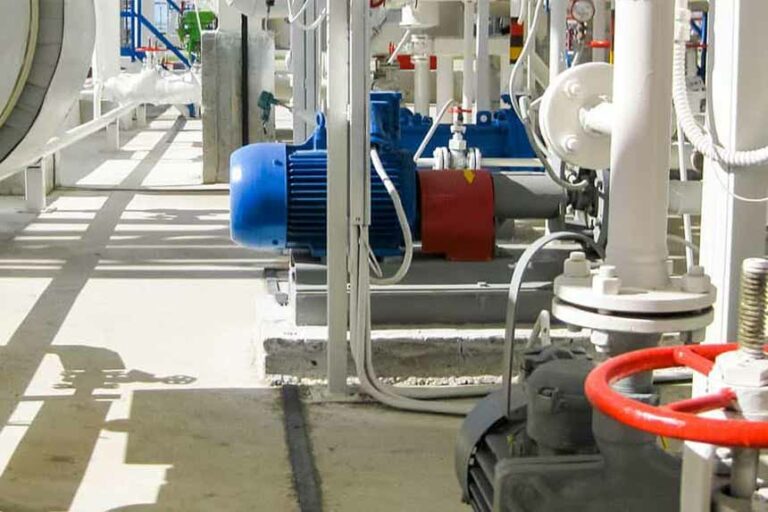An impeller is a crucial component in various mechanical devices, especially in pumps and turbines. It plays a key role in converting energy within these systems, significantly impacting their efficiency and performance. This article will delve into the function, types, and applications of impellers, providing a comprehensive understanding of their importance in fluid dynamics.
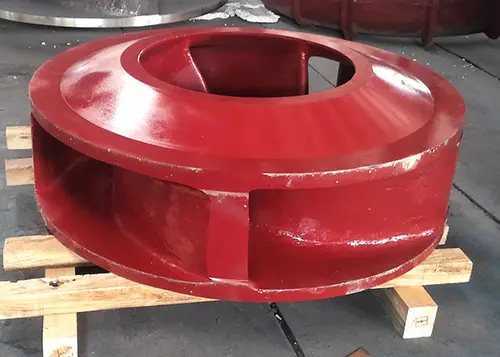
Function of an Impeller
The primary function of an impeller is to increase the velocity of a fluid by imparting kinetic energy through rotation. Here’s how it works:
- Rotation: The impeller rotates within a casing, typically driven by an electric motor or another power source.
- Fluid Movement: As the impeller blades spin, they push the fluid outward from the center to the periphery. This action creates a high-velocity flow.
- Energy Conversion: The kinetic energy generated by the spinning impeller is converted into pressure energy as the fluid exits the impeller and moves through the system.
Types of Impellers
Impellers come in various designs, each tailored for specific applications and fluid types. Common types include:
- Closed Impellers: These have blades that are enclosed on both sides, providing high efficiency and better performance for clean fluids.
- Open Impellers: Featuring blades that are open on one or both sides, they are ideal for handling fluids with suspended solids.
- Semi-Open Impellers: These impellers have a partially enclosed blade design, offering a balance between the features of closed and open impellers.
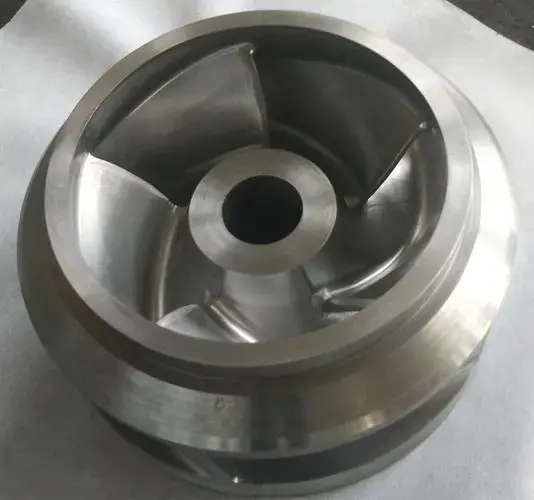
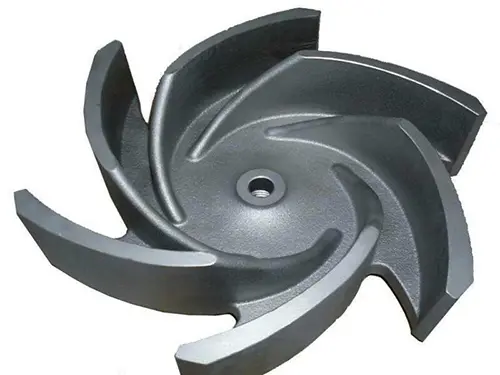
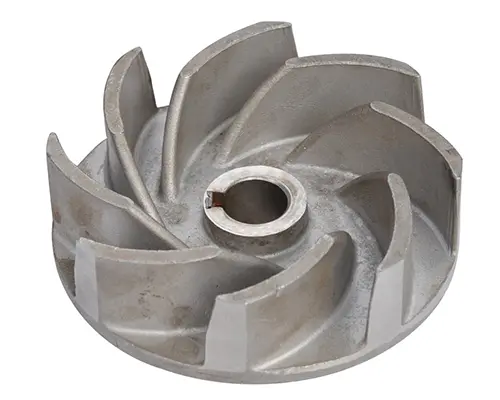
Applications of Impellers
Impellers are widely used in different industries, including:
- Water Pumps: In centrifugal pumps, impellers are used to increase the flow of water, making them essential for water supply and irrigation systems.
- HVAC Systems: Impellers in air handling units and fans help circulate air, improving ventilation and temperature control.
- Chemical Processing: Impellers are used in mixers and reactors to ensure uniform mixing and reaction of chemicals.
- Automotive: In turbochargers and superchargers, impellers enhance engine performance by increasing air intake and pressure.
Choosing the Right Impeller
Selecting the appropriate impeller involves considering factors such as fluid type, required flow rate, and system pressure. The choice of impeller can significantly affect the efficiency and lifespan of the equipment.
Maintenance and Troubleshooting
Regular maintenance of impellers is crucial to ensure optimal performance. Common issues include wear and tear, clogging, and damage from abrasive fluids. Proper inspection and timely replacement of impellers can prevent system failures and extend the operational life of the equipment.
Conclusion
Understanding the role of the impeller in various systems highlights its importance in fluid dynamics. Whether in pumps, turbines, or other machinery, the impeller’s ability to convert energy and move fluids efficiently is central to many industrial and commercial applications. By selecting the right type of impeller and maintaining it properly, you can enhance the performance and reliability of your equipment.


